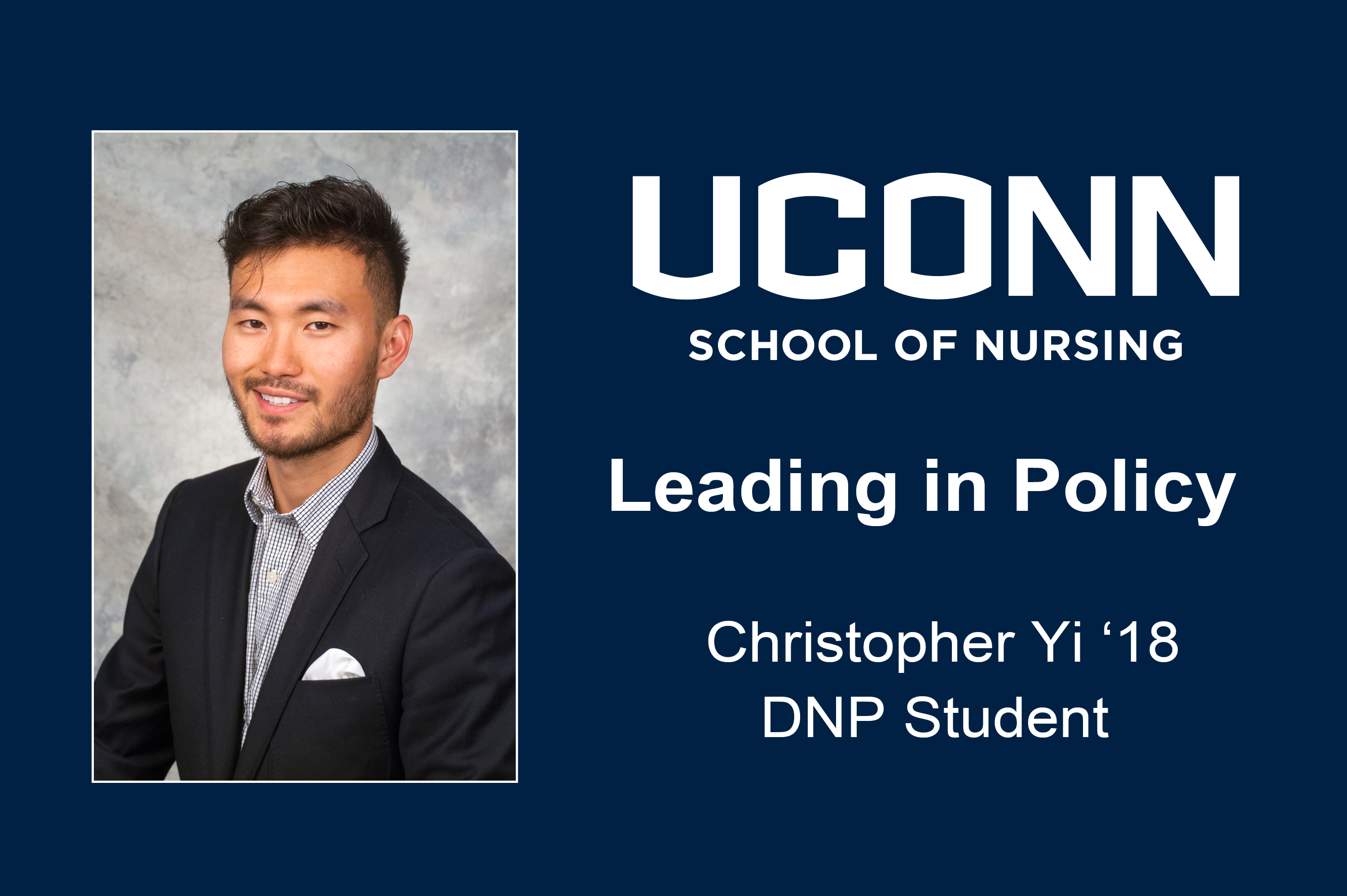
“. . . the School could choose to move toward a leadership role in the nursing profession, committing its sizable faculty resources to pushing back the frontiers of knowledge in the art and science of helping people care for their health and overcome illness. The School could choose to firmly establish itself as a leader in both the academic and health care community. The School and its faculty could choose to become involved in the clinical practice that is the essence of nursing – thereby testing out new ideas and theories, and demonstrating to the client, the student, and to other practitioners truly professional nursing.” – Dean Marlene Kramer (1980)
When the UConn School of Nursing’s third dean articulated her vision of the new opportunities and challenges that would face the School even into the twenty-first century, she might have seen nursing’s role in healthcare but perhaps not the development of the Doctor of Nursing Practice degree (DNP) and its power to affect local, regional, and national healthcare policy. The Connecticut General Assembly’s 2014 legislation to authorize advanced practice nurses and nurse practitioners to practice autonomously to the extent of their education and certification created both new opportunities for patients’ access to health care and a need for funded advanced residencies for APRNs and NPs like those routinely available in the medical profession.
Creating a pilot project for such a residency and addressing the policy change advocacy needed to make nurse residencies a reality is the effort now being undertaken by DNP student Christopher J. Yi, APRN, MS, AGACNP-BC, an alumnus of the UConn School of Nursing’s master’s degree program, an American Association of Nurse Practitioners Health Policy Fellow, and a Jonas Scholar whose experience includes work for Hartford’s Public Health Department, plastic surgery and cardio-thoracic surgery at Hartford Hospital, and a dermatology practice.
“Currently, policy initiatives via large nursing organizations are focused on promoting full practice authority for NPs. However, a beneficial approach should be utilized in ensuring a positive view of full practice authority,” Yi explains. “This includes increasing the availability of post graduate advanced practice residencies. Removing the barriers to autonomous practice is crucial to increasing access to the provider services our nation’s citizens require.“
The challenge and opportunity are great, as Yi observes: “Most advanced practice residencies are a full year; only 6 months more than the orientation period that some healthcare facilities offer to a new graduate NP. Alarmingly, many smaller facilities, including office practices, do not offer any type of orientation, or if so, it is at most a few weeks, which prolongs the transition period, as it relates to burnout, turnover, and profession commitment.”
Navigating the policy landscape will require both terminological and structural advocacy. “The terminology in utilizing funding sources requires attention as funding is granted to graduate medical residencies with respect to physicians,” Yi explains. “There is not yet agreement on what to call such a program: ‘graduate residency’ or ‘fellowship’ or ‘advanced practice residency,’ because in nursing the term ‘residency’ is now associated with new graduate nurses, not nurse practitioners.
This may require a consensus from governing associational boards for advanced practice nursing to establish one model that will, in effect, allot for the appropriation of funding specifically for an advanced practice residency.”
Yi is aware of the complex work ahead for his project. “The implementation of an advanced practice fellowship will require the partnership of a sound healthcare institution that is invested in its surrounding communities. Within the institution itself, this initiative will require the support of the health center’s board of directors, medical staffing office, and nursing administration,” Yi observes. “Further, the participation of a large academic institution like the UConn School of Nursing to help solidify the academic credits to advanced practice education would be most beneficial. Other components to effect policy change require the attention of the state’s board of nursing, accrediting agencies, and national nursing associations. The molding of a unified consensus among all agencies will produce the best environment for a successful and seamless implementation of an advanced practice residency for nurse practitioners.”
Yi’s DNP project is bold: “A universal advanced practice residency model for nurse practitioners can only provide a foundation from which new graduate nurse practitioners are seamlessly transitioned from the novice to expert role,” he says. “Thus, providing a platform from which all NPs can voice their confidence and play a critical and unified role in positively molding healthcare systems and delivery, from micro to macro. The vulnerability of NP autonomy during a time of political transition will be ameliorated by a sustained and uniform residency preventing any erosion for independent practice.”



